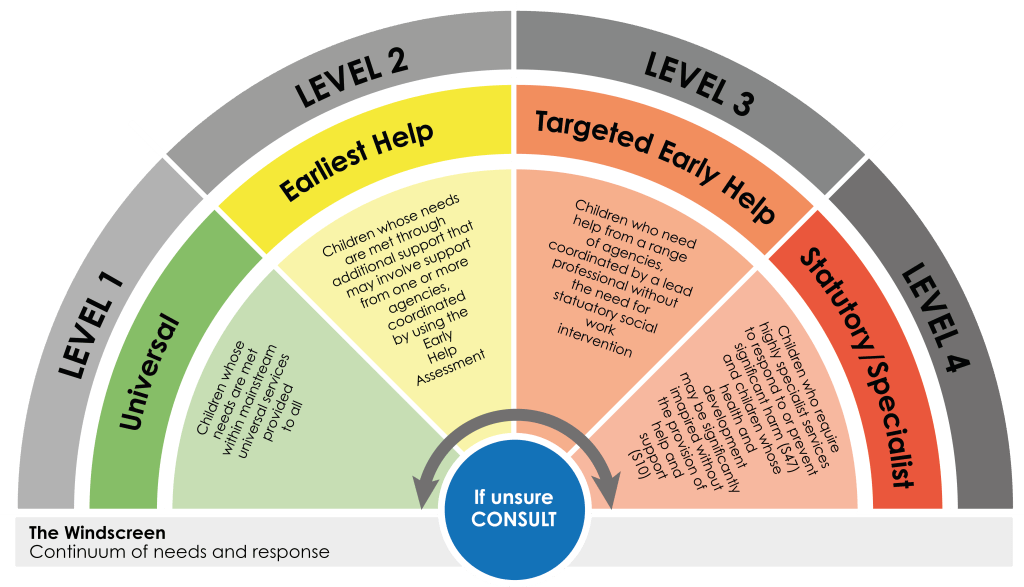Tools for Conviviality: The Issue of Thresholds, Modernized Poverty, and Autonomy
April 15, 2025 2025-04-11 10:18
Tools for Conviviality: The Issue of Thresholds, Modernized Poverty, and Autonomy
In today’s world, the notion of conviviality—a term often associated with the harmonious coexistence of individuals in a community—is more important than ever. Yet, this ideal is frequently challenged by systemic issues such as poverty, economic inequality, and a growing sense of disempowerment. In this article, we will explore the intricate relationship between thresholds of access, the evolving nature of poverty in modern society, and the critical role of autonomy in achieving true conviviality.
What is Conviviality?
Conviviality refers to the ability of individuals and communities to coexist peacefully and thrive together. It’s about creating environments where people are empowered to contribute to their surroundings, engage in meaningful interactions, and enjoy a good quality of life. A convivial society fosters cooperation, mutual support, and shared resources, which are essential for collective well-being.
However, achieving conviviality is not just a matter of individual willpower; it requires access to resources, opportunities, and a supportive environment. This is where the concept of thresholds becomes important. These are the boundaries or limitations that people face when trying to access essential services such as healthcare, education, employment, and social support. These thresholds can be physical, economic, or institutional, and they determine who can and cannot fully participate in society.
The Issue of Thresholds in Society
Thresholds in modern society are not only financial or material but also relate to social, cultural, and educational barriers that prevent people from achieving true autonomy and freedom. When individuals or groups fall below these thresholds, they often find themselves excluded from key societal functions, leading to marginalization.
For instance, a person living in poverty may have limited access to quality healthcare or education, which significantly impacts their ability to escape the cycle of poverty. These thresholds are not only caused by a lack of money but also by social structures that disproportionately favor certain groups over others. In many cases, these structures are deeply embedded in societal institutions, making it difficult for those on the lower rungs of the socio-economic ladder to achieve upward mobility.
Modernized Poverty: A New Perspective
The concept of poverty has evolved significantly in the modern world. It is no longer simply about the lack of material resources but also about the lack of access to opportunities that can enable individuals to thrive. This “modernized poverty” is characterized by systemic exclusion, where individuals are not just financially disadvantaged but also socially and politically marginalized.
The modern form of poverty often entails the inability to make autonomous decisions, a lack of access to meaningful participation in society, and insufficient resources to improve one’s living conditions. While traditional poverty measures may focus on income levels or basic needs, modernized poverty also considers the psychological and social dimensions—such as the feeling of helplessness, social stigma, and the struggle to assert one’s rights.
This new understanding of poverty highlights the need for more comprehensive solutions that go beyond mere financial assistance. Social inclusion, empowerment, and the ability to access resources necessary for personal development and well-being are critical in combating modern poverty. When these aspects are neglected, the cycle of poverty perpetuates itself, making it harder for individuals to transcend their circumstances.
The Role of Autonomy in Achieving Conviviality
Autonomy, or the ability to make independent choices, is central to the idea of conviviality. It allows individuals to control their own lives and contributes to a sense of empowerment and self-determination. For a society to be truly convivial, it must provide the tools and opportunities necessary for people to exercise autonomy.
However, as we’ve seen, thresholds often prevent individuals from achieving this autonomy. When people are excluded from access to education, healthcare, or job opportunities, they are robbed of the ability to make choices that can improve their quality of life. Autonomy isn’t just about individual freedom—it’s also about the collective conditions that enable people to flourish as part of a greater whole.
To ensure that all individuals can enjoy autonomy and contribute to society, it’s essential to dismantle these barriers and provide equitable access to opportunities. Policies and programs designed to reduce poverty and provide access to essential services are key to achieving a more convivial society where everyone has the chance to thrive.
Tools for Conviviality: Moving Toward Equity and Empowerment
To create a truly convivial society, we need to develop tools that bridge the gaps created by thresholds and modernized poverty. These tools are not just about financial aid but about empowering individuals with the resources, knowledge, and support needed to live fulfilling lives. Some of the most important tools include:
-
Education and Skill Development
Access to quality education and training is essential in overcoming the barriers of modernized poverty. Providing education that is not only accessible but also relevant to the needs of today’s economy can help individuals gain the skills necessary for meaningful employment. -
Social Support Systems
Strong social safety nets, such as healthcare, affordable housing, and unemployment benefits, can provide a foundation for individuals to rebuild their lives and overcome the social and economic barriers they face. -
Legal and Political Empowerment
Ensuring that individuals have access to legal and political representation helps them advocate for their rights and challenges systems of inequality that perpetuate poverty. -
Community-Based Initiatives
Local initiatives that foster community engagement and collective action can help build networks of support, reduce isolation, and provide practical resources for individuals to improve their lives. -
Financial Inclusion
Improving access to financial services, including savings, credit, and insurance, is essential for individuals to build financial security and become more self-sufficient.
Conclusion
Creating a convivial society where all individuals have the tools they need to succeed requires addressing the issue of thresholds and modernized poverty. Autonomy is the foundation for achieving this, and ensuring that everyone has the ability to make choices that lead to personal and collective flourishing is key. By dismantling the barriers that prevent people from accessing the resources and opportunities they need, we can create a more inclusive and equitable society.
For more insights on this important issue, watch the full video here:
By fostering environments of support, access, and empowerment, we can move toward a society that truly embodies conviviality.
Related Posts
Tools for Conviviality: The Issue of Thresholds, Modernized Poverty, and Autonomy
April 15, 2025 2025-04-11 10:18Popular Tags






























